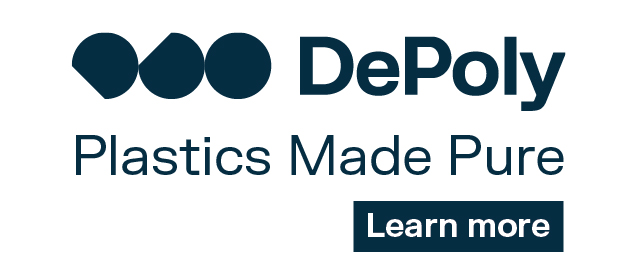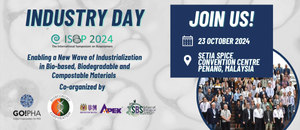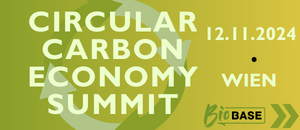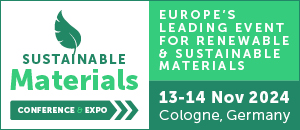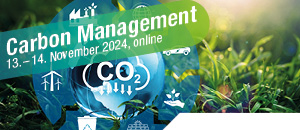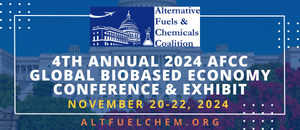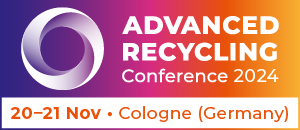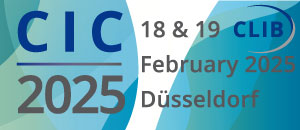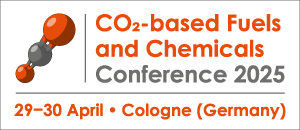Dow (NYSE: DOW) today launched a new range of propylene glycol (PG) solutions featuring alternative – lower carbon, bio-based and circular – feedstocks in Europe. Customers can now deliver end-products to a broad range of industries, such as pharmaceutical, agricultural, and food, with third-party validated sustainability benefits due to a mass balance approach. This mass balance approach traces the flow of sustainable raw materials used to manufacture PG through a complex value chain and attributes it based on verifiable bookkeeping; an approach that has received ISCC PLUS certification.
“We recognize demand has increased for the use of renewable materials to reduce carbon and enable circularity. By applying our low carbon, bio-based, and advanced recycling technologies, we are making this a reality for PG. Our customers will benefit from the same high-quality performance with a more sustainable material,” said Andrew Jones, global business director, Dow CAV & POPG.
Offering sustainable PG solutions
Using innovative technologies, three new sustainable propylene glycol product lines will now be available in Europe and certified through ISCC PLUS:
- Propylene Glycol RDC featuring Decarbia™ reduced carbon solutions from renewable energy sources*
- Propylene Glycol REN featuring Ecolibrium™ bio-based technology from 2nd generation bio-based raw material
- Propylene Glycol CIR featuring Renuva™ recycled content from post- consumer waste streams
PG RDC, PG REN and PG CIR are suitable for a broad range of applications across industries as diverse as agricultural, pharmaceutical, cosmetics, textile and food. Over the coming months, Dow intends to launch equivalent products in other regions of the world.
Tracing sustainable materials through the value chain
Dow continues to implement the use of alternative feedstocks using the mass balance approach. Independent, external verification is a key part of the chain of custody method, which lies at the heart of this approach. Through verifiable bookkeeping and without changing the production process, it is possible to trace and attribute the flow of sustainable materials through complex value chains.
ISCC is a world leading international certification standard for fully traceable and environmentally, socially and economically sustainable supply chains. Within Europe, the propylene glycol plant in Stade, Germany, has achieved this highly regarded third-party qualification.
This latest development is part of Dow’s accelerated efforts to incorporate sustainability into every step of a product’s lifecycle as it progresses on its journey to a low-carbon and circular future.
Discover more about Dow propylene glycol solutions.
*Source : Dow calculation of Product Carbon Footprint “Cradle to Dow Gate” following ISO 14044/67
About Dow
Dow (NYSE: DOW) combines global breadth; asset integration and scale; focused innovation and materials science expertise; leading business positions; and environmental, social and governance leadership to achieve profitable growth and help deliver a sustainable future. The Company’s ambition is to become the most innovative, customer centric, inclusive and sustainable materials science company in the world. Dow’s portfolio of plastics, industrial intermediates, coatings and silicones businesses delivers a broad range of differentiated, science-based products and solutions for its customers in high-growth market segments, such as packaging, infrastructure, mobility and consumer applications. Dow operates manufacturing sites in 31 countries and employs approximately 37,800 people. Dow delivered sales of approximately $57 billion in 2022. References to Dow or the Company mean Dow Inc. and its subsidiaries.
Source
Dow Chemical, press release, 2023-09-21.
Supplier
Dow Chemical Company
International Sustainability & Carbon Certification (ISCC)
Share
Renewable Carbon News – Daily Newsletter
Subscribe to our daily email newsletter – the world's leading newsletter on renewable materials and chemicals





